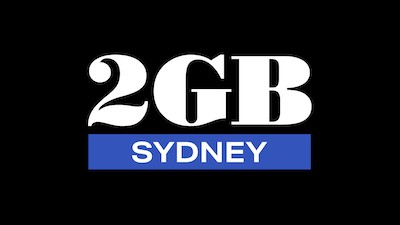“I don’t care who they replace you with as long as it’s not a woman”: Women in Radio special series: Part 1
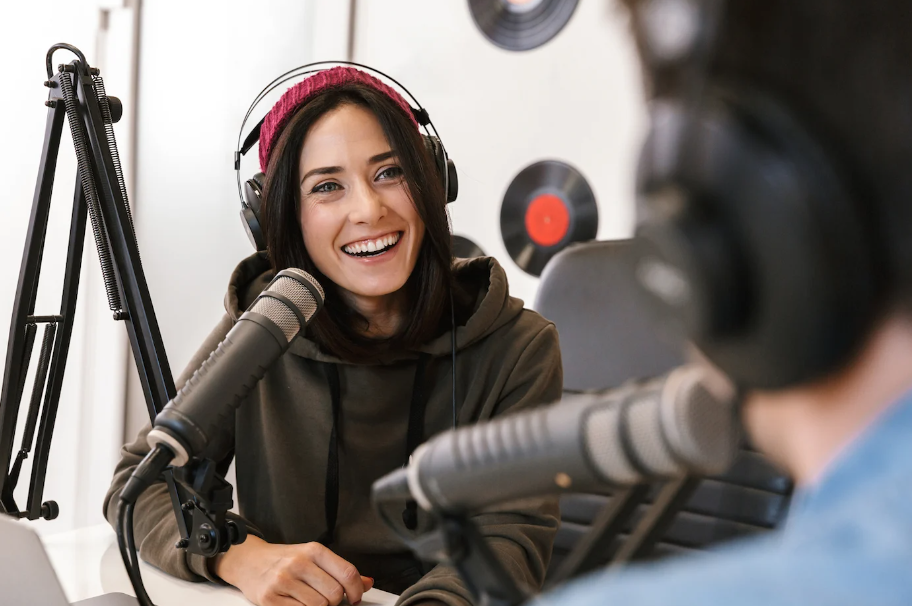
In this five-part series, exclusive to Radio Today, Brisbane radio presenter of more than 30 years Spencer Howson investigates the under-representation of women on Australian radio, and makes a series of recommendations aimed at challenging the status quo:
I was a presenter on ABC Radio Brisbane for 20 years (1997-2016) including 15 years at the helm of the Breakfast show. When I finished presenting Breakfast at the end of 2016, a family member in her seventies declared: “I don’t care who they replace you with as long as it’s not a woman”.
The fact that a woman was saying this didn’t surprise me. Over many years, I had observed that the harshest criticism of my female colleagues had come from other women. And indeed, the world over, radio station managers have been prone to saying that women do not like listening to other women on radio. So I decided to find out whether or not this perception still existed in the radio industry, and if there was any evidence to support it. I also wanted to discover what made successful female radio presenters popular among female listeners, so that radio station managers might have the confidence and tools to put more women on air, and for those women to be successful.
Now, before you jump up and down and point to all the successful female co-hosts in on-air teams, I will clarify that I was particularly interested in prominent solo presenter roles, because that is where women are vastly under-represented.
I interviewed nine female listeners, nine female presenters and nine managers. The end result was a Masters thesis and MA from the University of Southern Queensland. Over the next five weeks, I’ll share with you a potted version of my findings (no-one needs to read 30,000 words!) Today, you’ll hear what listeners, presenters and managers told me about the notion that “women don’t like listening to women on radio”. Then, over the coming weeks, my recommendations to the Australian radio industry and to women who aspire to be on radio.
Every presenter that I interviewed had a personal story about being told, usually by a manager, that “women don’t like women on radio”. Former commercial radio presenter, now ABC Brisbane weekends producer, Sally Rope said she was first told that “women don’t like women on radio” in her first radio job in 1997: “I was 22 and I thought ‘that’s weird’ because I really liked listening to women on the radio. But at 22, I didn’t think to go ‘Really? Show me this research. Where’s this research from?’” ABC Radio Brisbane Drive presenter Kelly Higgins-Devine was ready for the question and responded: “It’s just utter bullshit. It comes from 1950s radio with old straight white men who used to run these radio stations who just wanted to hire other old straight white men. Women weren’t on radio, so how would anyone know whether women liked women on radio?”
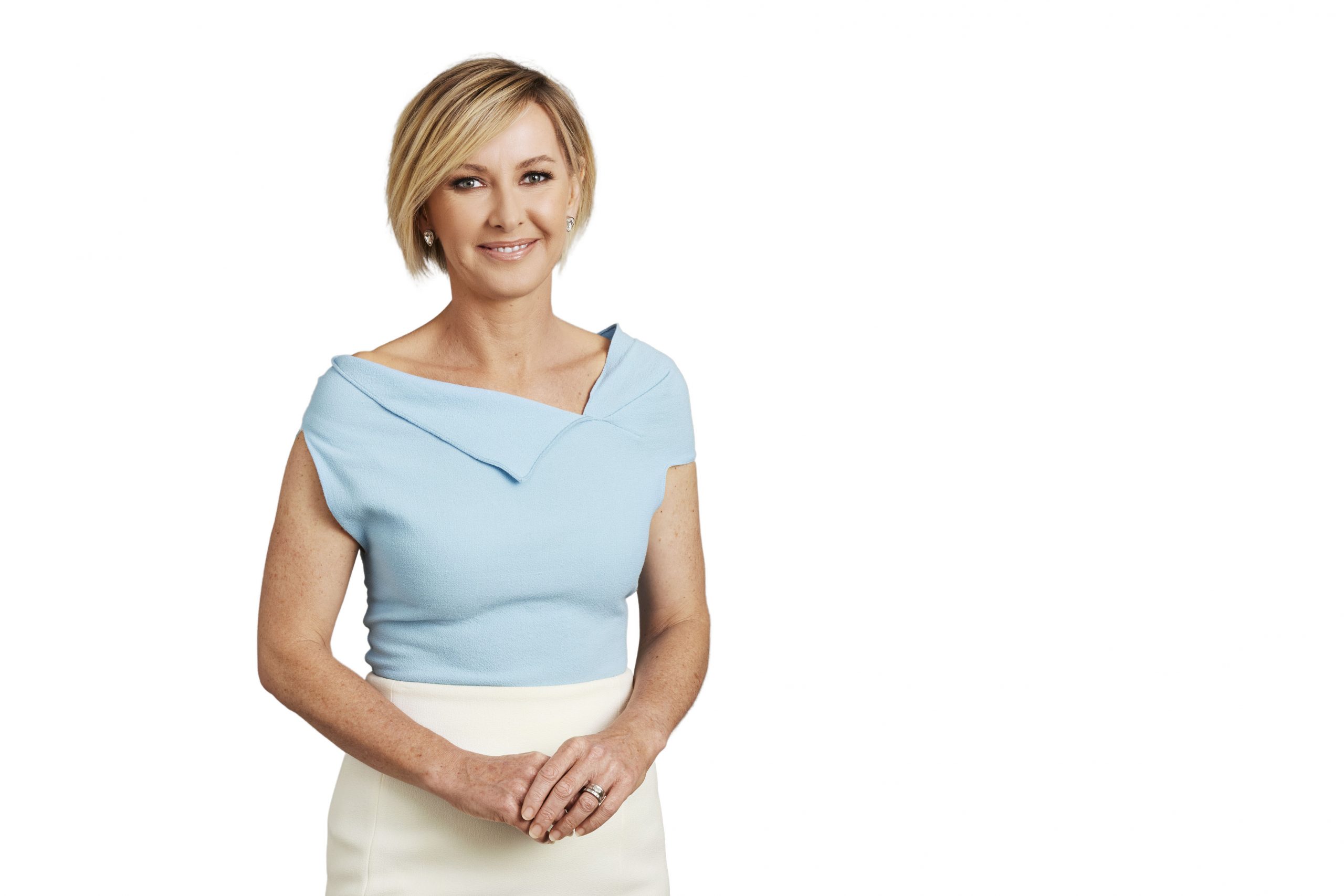
Nine Radio’s Money Talk presenter Deborah Knight (pictured above) agreed that “women don’t like women on radio” had been used as justification for women not having more prominent on-air roles: “It’s not based on any true research that’s been conducted. It’s trotted out [as] a bit of an excuse for why there hasn’t been a prominence or an equal representation of women on radio in Australia in the past”.
Nine Radio’s Head of Content Greg Byrnes told me that he’d “had various people try to, let’s say, prove the point that women don’t like women on air”. But, he said, at the end of the day, it comes down to what listeners are used to: “They will tell you that they don’t particularly like hearing women because they’re more aligned and more connected to the males that they’ve grown up listening to. I think it’s just been allowed to roll and gather momentum that you don’t put women into key shifts, but no-one’s ever really been able to show why”. Adam Lang, the former CEO of Macquarie Media, which became Nine Radio in 2020, said that he had not seen any research, whether it be internal, industry or academic, to back the notion that women don’t like women on radio: “Many people subscribe to it. I don’t. I hope that they are progressively out-numbered. I’ve never believed it. I think it was kind of like a rumour that got passed around. Enough people believed it. And it can cause a lot of harm”. And ABC Content Quality Manager Phil Ashley-Brown, whose role includes discovering and nurturing new talent, said there have been some very successful solo female broadcasters over the years, including Angela Catterns and Virginia Trioli (pictured below), “who have huge audiences and are successful among male and female listeners, so I think it’s an old notion that has been disproven”.
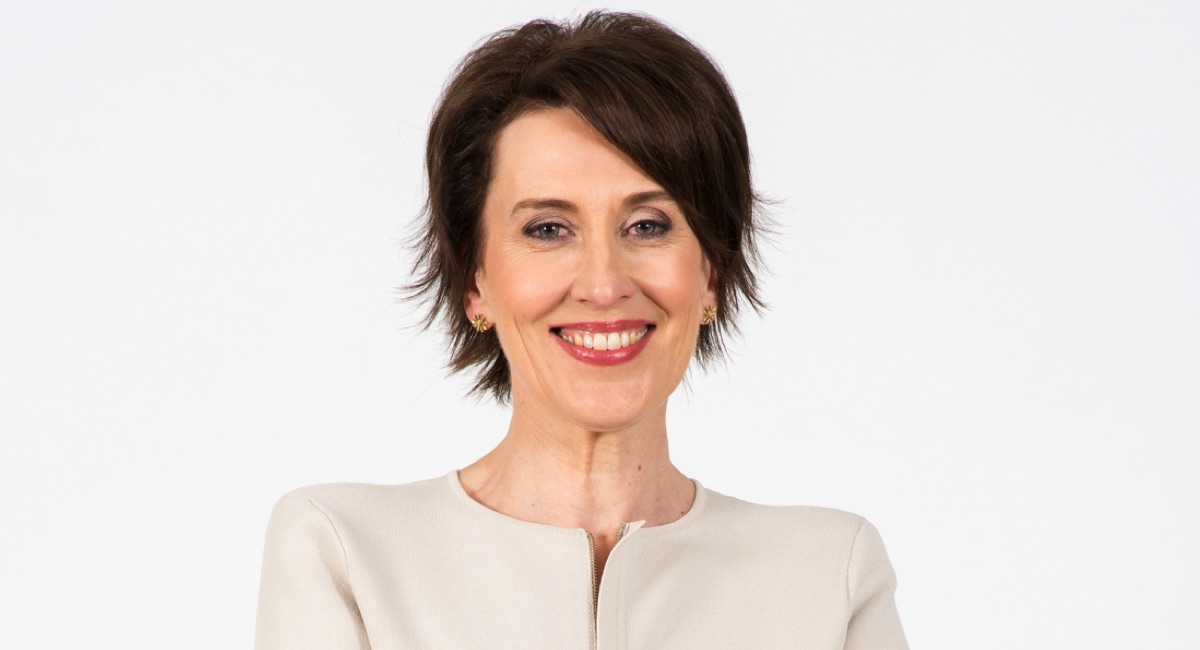
However, former ABC Tropical North (Mackay) Editor Tegan Philpott disagreed: “It’s not a notion, it’s absolutely true. [With female presenters], if they don’t like your voice, it doesn’t matter how smart you are, it doesn’t matter what you have to say, they won’t even tune in”. She said this extended beyond listening to radio: “Women aren’t as tolerant of women’s voices. You go to an event and you get a male speaker. You’ll listen to a bad male speaker or an average male speaker but an average female speaker, you’ll just start your own conversation”. And speaking as a radio listener, Philpott said: “I have to admit, I also will comment far more freely on a female presenter and her style”. Her theory was that male voices could be a “lullaby background noise” whereas female voices were “more prominent and you either like it or you don’t like it. You can’t sort of have it as white noise, whereas I feel a male voice often you could have as white noise”.
Two listeners, aged 45 and 55, echoed Philpott, admitting that they judged women – not just female radio presenters – more harshly than they judged men, with the 55 year old telling me: “One of the thoughts that runs through my head, even subconsciously, is ‘do I want to be friends with this person?’ which is something I certainly don’t think when I hear a male voice”. The 45 year old explained her judgement of women this way: “I think it’s maybe the sisterhood thing. You’re out there representing women, so I want you to do a better job”.
Is the age of the listener a factor? When Andrea Ho (now Head of Radio and Podcasting at AFTRS) presented the ABC’s Breakfast show in Tamworth 20+ years ago, she felt that “women over 50” (they would be over 70 now) were jealous of her: “If they were allowed to work outside the home, it was to be a teacher, or to be a nurse or maybe to have a job at the bank once the kids went to school. Every time they woke up with you on the radio, they were reminded of the fact that they’d missed out”. But a 64-year-old listener that I interviewed appeared perplexed by the question, asking: “Why would women not like women on the radio? I don’t see any difference between a woman or a man on the radio”. A 67-year-old said that she preferred the male voice on radio because “the male voice is deeper and therefore it’s more pleasant to listen to on a radio when you’ve got no other visual cues as to who the person is.” But then went on praise the ABC’s Kelly Higgins-Devine, describing her as “top of the mountain” and “amazing”.
The two youngest listeners in the study, aged 31 and 42, both declared that they preferred male radio presenters. The 42 year old admitted: “I’m not very feministy, am I? If I’m talking all day and all I can hear is female, then I need a change. I need variety, which is male”. The 31-year-old explained: “I much prefer men talking. If I’m in a kind of panic, or if I’m upset, my Dad’s voice has always calmed me down and I think that’s probably a thing for a lot of girls and their fathers”. But, despite their overall preference for male voices, both the 31 year old and the 42 year old were able to name female radio presenters that they enjoyed listening to, including Susie O’Neill, Fifi Box and Zan Rowe.
So what did I conclude? Well, obviously nine listeners is a small sample, and I’d like to see someone conduct a much larger scale quantitative study, where listeners assess and record their reactions to different presenters. It’s clear that there are broader societal issues around women judging women, but ultimately I think Greg Byrnes hit the nail on the head when he said that it all comes down to what listeners are “used to”.
Just think about your reaction now to hearing a female commentator during a cricket or football match. Ten years ago, those voices just weren’t there. And the first few times, you were probably surprised to hear them. But now you’re used to them, and you don’t even think about it. In the same way, Australian radio needs to bite the bullet and put more women on air in prominent solo presenter roles so that listeners become “used to” that and we can confidently dismiss, once and for all, this sweeping statement that women just don’t like women on radio.
*Main photo: Shutterstock
Next week: Recommendation #1 – Women should put themselves forward for presenter jobs
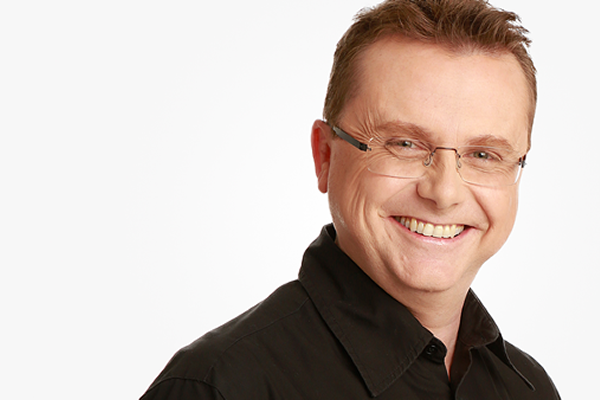
Spencer Howson is a Lecturer in Radio Production at the University of Southern Queensland.
His career began in 1990 at Reading Radio 4RPH. Spencer volunteered, and later worked part-time, at Reading Radio whilst studying journalism at QUT. He has served on the Board of Directors at different times, including stints as Vice President and President.
Spencer worked for the ABC from 1993-2020, including 15 years as host of the top-rating ABC Brisbane Breakfast show. From 2017-2020, he held the position of Program Quality Advisor, which involved spotting, developing and coaching ABC radio presenters and producers across Australia.
From 2021-2023, Spencer tasted the world of commercial radio, hosting Weekends on 4BC.
